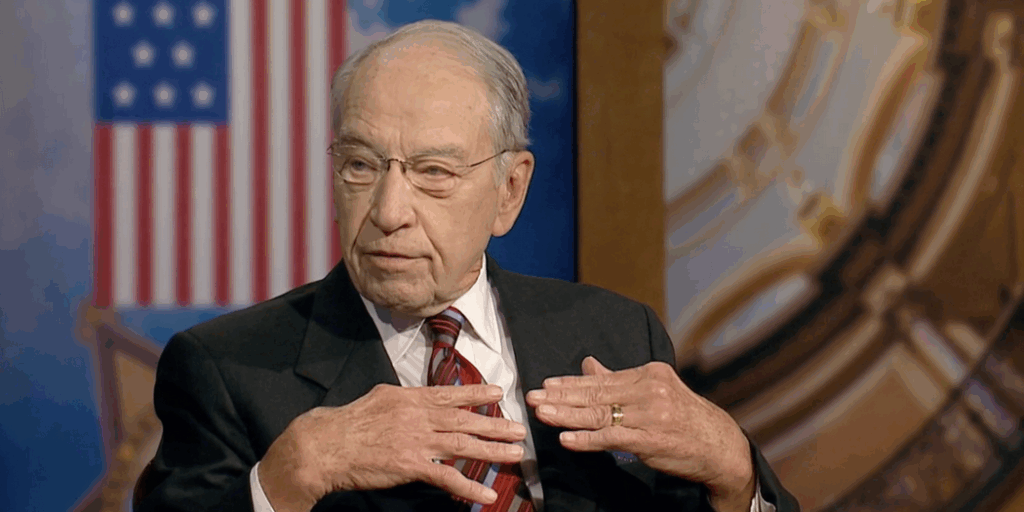Investigators in Utah are piecing together evidence following the assassination of Charlie Kirk, a prominent conservative activist known for rallying young evangelical Christians. The FBI confirmed that DNA on a towel found wrapped around a firearm near the scene matches that of Tyler Robinson, who is now a prime suspect in Kirk's murder which occurred during a public speaking event on campus. As news breaks, Robinson is believed to have expressed animosity toward Kirk and has been flagged for concerns related to online radicalization. Authorities are preparing to file capital murder charges against him as early as Tuesday.
Investigators have also discovered that Robinson had previously penned a note expressing his intent to 'take out' Kirk, further illustrating a concerning rise in politically motivated violence. This incident not only shocked the nation, but has prompted discussions on the growing animosity and toxicity permeating political discourse.
Supporters and activists have organized vigils and moments of silence in memory of Kirk, echoing a national call for unity and reflection following his death. As tributes pour in, Kirk is remembered for his role in shaping modern conservative ideology and for fostering youth engagement in political processes.
As the investigation continues, the implications of this incident reveal a troubling trend in the American political landscape, bringing forth the question of how far political polarization can escalate in contemporary society.
Investigators have also discovered that Robinson had previously penned a note expressing his intent to 'take out' Kirk, further illustrating a concerning rise in politically motivated violence. This incident not only shocked the nation, but has prompted discussions on the growing animosity and toxicity permeating political discourse.
Supporters and activists have organized vigils and moments of silence in memory of Kirk, echoing a national call for unity and reflection following his death. As tributes pour in, Kirk is remembered for his role in shaping modern conservative ideology and for fostering youth engagement in political processes.
As the investigation continues, the implications of this incident reveal a troubling trend in the American political landscape, bringing forth the question of how far political polarization can escalate in contemporary society.



















